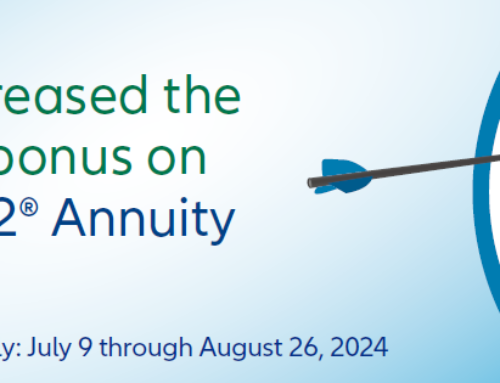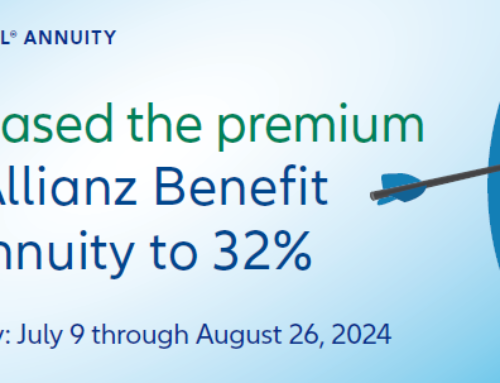If you were born in 1955, when must you begin taking required minimum distributions (RMDs)? You’d think this would be a simple question, but due to a legislative mix-up, it’s more complicated than expected.
For many years, RMDs began at age 70½. However, the SECURE Act of 2019 shifted that age to 72 for individuals born on or after July 1, 1949. Then, the SECURE 2.0 Act of 2022 extended the RMD start age further, adding a new layer of confusion with the following provisions:
- The RMD age was set to 73 for those born on or after January 1, 1951, and before January 1, 1960.
- The RMD age was pushed to 75 for individuals born on or after January 1, 1959.
The confusion arose from a drafting error that inadvertently assigned two different RMD ages to those born in 1959.
Example: Kevin Costner was born on January 18, 1955. Under the current rules, this person falls under the provision stating the first RMD age is 73. But if the drafting mistake applied to them, there could have been ambiguity. Luckily, for those born in 1955, the rules are clear: the first RMD age is 73.
This error primarily impacted those born in 1959, who seemingly had two different RMD ages (73 and 75). In May 2023, bipartisan congressional leaders promised to introduce legislation to correct this issue. However, no new legislation has been passed as of yet. To address the ambiguity, the IRS stepped in with proposed regulations in July 2024, clarifying that individuals born in 1959 should follow the rule of starting RMDs at age 73.
Here’s a summary of the current RMD age guidelines:
- Age 70½ for those born before July 1, 1949
- Age 72 for those born on or after July 1, 1949, and before January 1, 1951
- Age 73 for those born on or after January 1, 1951, and before January 1, 1960
- Age 75 for those born on or after January 1, 1960
While this IRS clarification resolves the confusion for now, it’s important to note that the U.S. Supreme Court’s decision in Loper Bright Enterprises v. Raimondo earlier this year could impact the IRS’s ability to make such corrections without Congress. A judge could potentially rule that only Congress has the authority to fix its own mistakes.
For now, the best course of action is to follow the current RMD age guidelines.







